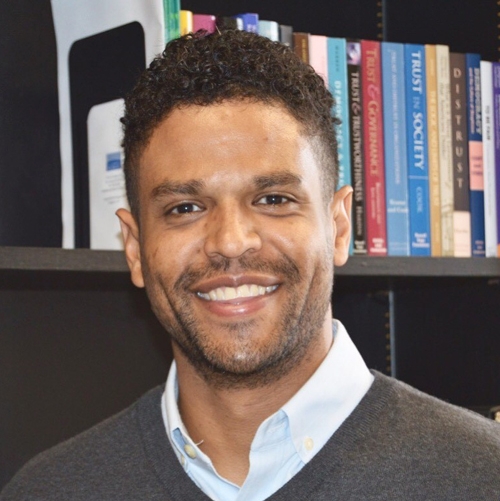What does criminal justice have to do with developing resilient crops? Turns out, quite a bit.
January 14, 2025
Michigan State University is one of six Global Centers that the National Science Foundation and its partner agencies have tasked with solving food challenges worldwide. The MSU Center for Sustainable Plant Innovation and Resilience through International Teamwork (C-SPIRIT) is working to develop “new, natural agricultural products that enhance crop resilience, reduce dependency on non-sustainable farming practices, and support global food security.”
 An interdisciplinary team of researchers from MSU is working to address these challenges, including Dr. Joe Hamm an Associate Professor in the School of Criminal Justice.
An interdisciplinary team of researchers from MSU is working to address these challenges, including Dr. Joe Hamm an Associate Professor in the School of Criminal Justice.
Dr. Hamm was asked to join the team of researchers due to his expertise in risk, vulnerability, and trust. Dr. Hamm has spent much of his career studying the relationship between criminal justice actors and the public, but that work has allowed him to develop a variety of insights into how people think about the ways they could be hurt, and the responsibility authorities have for keeping them safe.
Dr. Hamm says “Naturally, when we’re talking about genetically modified foods, risk and vulnerability are involved. People don’t always understand the implications of altering the genetic material of the food we eat, and they have to rely on regulatory agencies to manage those risks. That ends up involving a lot of the same dynamics that we understand from decades of research on the role of the police, courts, and correctional agencies.”
Dr. Hamm says that at the end of the day, willingness to accept vulnerability and trust in any governance system is based in the public’s understanding of the tradeoffs between different options. Genetic modification offers really important advantages against the context of our changing climate but they will only ever be as helpful as people are willing to accept them and insights from criminal justice are ideally positioned to help unlock their potential.

